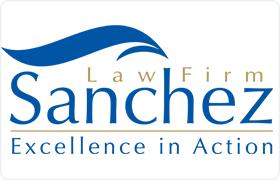Willis Construction Lawyer, Texas, page 4
Sponsored Law Firm
-
 x
x

Click For More Info:
-
Sanchez Law Firm
150 W. Parker Rd. 3rd Floor Houston, TX 77076» view mapReal Estate Excellence In Action
We advocate for our clients in and out of court. When you and the system meet head on, you need an attorney who is experienced, credible, and active.
800-785-3351
Includes: Construction Contracts, Construction Liens, Housing & Construction Defects
Wendy Nicole Knight
Construction, Real Estate, International Other, Business & Trade
Status: In Good Standing Licensed: 20 Years
Bruce M. Daniel
Construction, Litigation, International Other, Oil & Gas
Status: In Good Standing Licensed: 33 Years
Russell R. Stolle
Construction, International Other, Intellectual Property, Science, Technology & Internet
Status: In Good Standing Licensed: 37 Years
Damon J. Chargois
Construction, Environmental Law Other, Insurance, Personal Injury
Status: In Good Standing Licensed: 30 Years
Kenneth Paul Kosut
International Other, Litigation, Construction, Business & Trade
Status: Inactive Licensed: 48 Years
 Benjamin Sanchez Houston, TX
Benjamin Sanchez Houston, TX Practice AreasExpertise
Practice AreasExpertise
